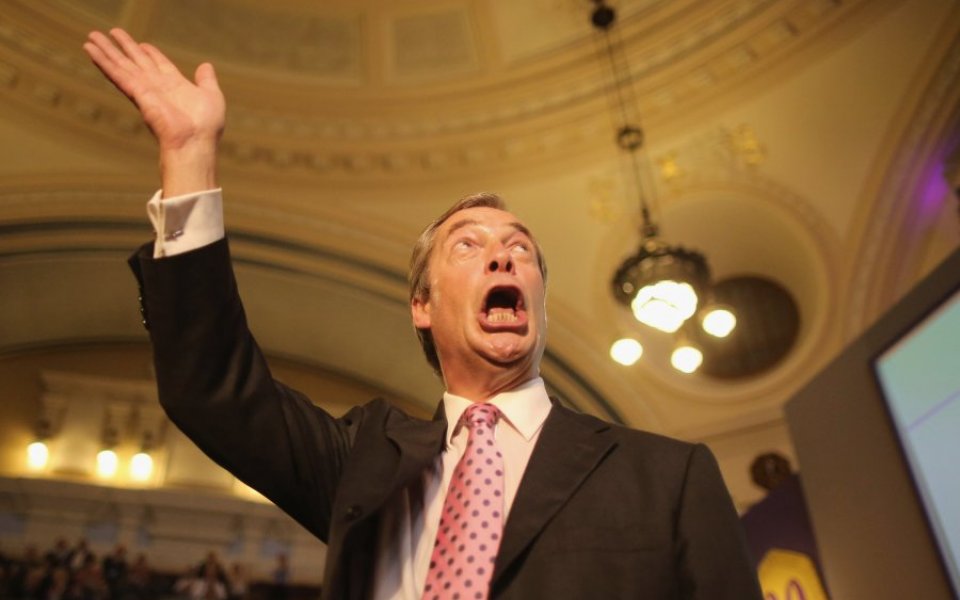From the British Chambers of Commerce to Nigel Farage: Here’s how everyone is reacting to Donald Tusk’s draft EU package

European Commission president Donald Tusk has unveiled a draft agreement on the new, improved relationship between the UK and the European Union.
The agreement includes four "central baskets", including points on economic governance, competitiveness, sovereignty and social benefits and free movement (the full text is available here).
But how have the worlds of business and politics reacted? Here's what we've seen so far.
1. David Cameron was cautiously optimistic
Draft EU renegotiation document shows real progress in all four areas where UK needs change but there's more work to do.
— David Cameron (@David_Cameron) February 2, 2016
2. … but Nigel Farage, er, wasn't
Today's draft deal hardly worth the wait, pathetic.
— Nigel Farage (@Nigel_Farage) February 2, 2016
3. The British Chambers of Commerce was playing a waiting game
While Brussels-watchers will pore over every draft and every statement, most business people will want to wait to see a final UK-EU deal before assessing carefully the impact on their businesses and their vote. A lot can change in the weeks ahead. Like others, we will be evaluating these proposals against the Prime Minister's initial letter to Mr Tusk, and against the business priorities we have articulated.
4. Vote Leave chief exec Matthew Elliott wasn't impressed
What the government is asking for from the EU is trivial – these proposals will not take back control from the EU. These gimmicks have been ignored by the EU before and will be ignored again as they will not be in the EU treaty.
The government are asking us to trust the promises of the EU Commission and EU judges rather than taking back control. If the public want parliament to have the power to block damaging EU laws then the only safe option is to Vote Leave.
5. Stuart Rose, chair of Britain Stronger in Europe, took the opposite view
These are significant proposals: a fairer deal on immigration, ensuring that EU citizens can’t take from the British benefit system until they have paid in for four years, giving national parliaments the power to block EU legislation so that Brussels can’t dictate to Britain, and protections for our economy from Eurozone countries. By working with Europe, Britain is clearly influencing the EU’s future and making sure it works in our interests.
We can have the best of both worlds – strengthening our economy and our position on the world stage through our membership of the EU, whilst giving us greater control to protect Britain’s interests. Britain is already stronger, safer and better off in Europe. These proposals strengthen our hand.
6. Institute of Directors director general Simon Walker was pleasantly surprised
The deal on the table is better than we expected. The top reform priorities for IoD members are to stop the flow of unnecessary red tape from Brussels, make clear the UK is not on a path to more political integration, and make the more EU competitive. There are proposals on these areas in Tusk’s draft which hold promise, although no one should get carried away just yet.
Cutting back on pointless bureaucracy which stifles companies must be one of the top aims of these negotiations, so we welcome the commitment to scale back EU interventions in areas which should be left up to individual countries (or in EU jargon, break the principle of subsidiarity). We were also pleased to see that the draft says the EU will put in place burden reduction targets for regulation where feasible. Politicians, wherever they are from, love making new regulations, so we need targets to counter-act this impulse. The targets must not be just where feasible, but wherever possible.